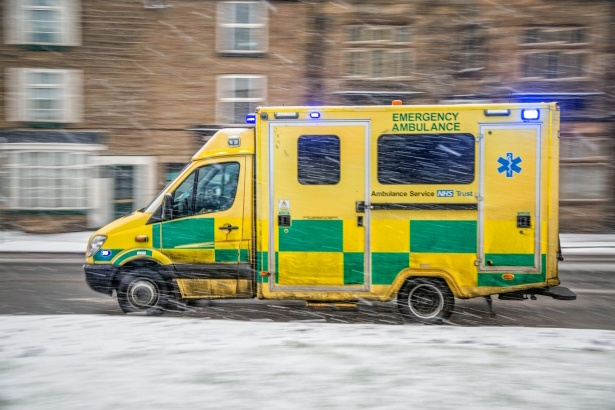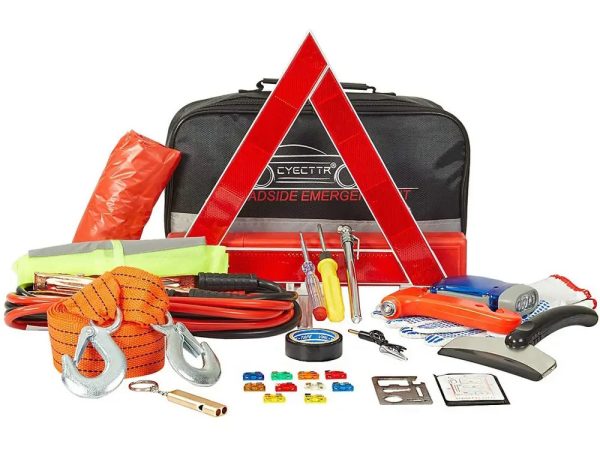

As dedicated healthcare professionals, NHS staff often find themselves navigating challenging conditions to provide essential care, regardless of the weather. Winter, in particular, can present numerous hazards on the road, making safe driving a top priority. Whether you’re heading to a hospital, clinic, or patient’s home, here are ten invaluable tips to help NHS staff stay safe while driving during the winter months.
1. Check Your Vehicle Regularly
Before setting out on your journey, ensure your vehicle is in good working condition. Pay special attention to the tires, brakes, lights, and battery. Cold weather can exacerbate existing issues, so a well-maintained vehicle is essential.
2. Equip Winter Tires
Consider fitting your vehicle with winter tires. They provide better traction on icy or snowy roads and can significantly improve your ability to maneuver safely.
3. Plan Your Route in Advance
Plan your route carefully, factoring in weather conditions, traffic, and potential road closures. Share your itinerary with colleagues or family members so they know your whereabouts.
4. Carry Emergency Supplies
Always have an emergency kit in your vehicle. It should include essentials like a flashlight, blankets, a first-aid kit, non-perishable snacks, and extra warm clothing. Additionally, carry a fully charged mobile phone and a power bank for emergencies.

5. Drive Slowly and Cautiously
Reduce your speed in adverse weather conditions. Slowing down gives you more time to react to sudden changes in road conditions. Brake and accelerate gently to avoid skidding.
6. Increase Following Distance
Maintain a safe following distance from the vehicle in front of you. In icy or snowy conditions, it takes longer to stop, and a larger gap provides a buffer in case of sudden stops.
7. Use Proper Lighting
Keep your headlights on, even during daylight hours, to increase visibility. Ensure all your vehicle’s lights are clean and in working order.
8. Beware of Black Ice
Black ice is deceptive because it can appear as a wet road. Be especially cautious on bridges, overpasses, and shaded areas, as these are more prone to black ice formation.
9. Warm Up Your Vehicle
Give your vehicle a few extra minutes to warm up in the morning. This allows the engine and defrosting systems to work efficiently, ensuring clear visibility.
10. Make sure your NHS Car Insurance is up to date
It is a legal requirement to have car insurance, and with ice roads during the winter it is important that you maintain and insure your vehicle. We have some great savings on NHS Discount Car Insurance for all members.
Bonus Tip: Carpool or Use Public Transportation
Whenever feasible, carpool with colleagues or consider using public transportation. Sharing the ride can reduce the number of vehicles on the road, potentially decreasing traffic-related incidents during severe weather.
Winter driving presents unique challenges, but with careful preparation and safe driving practices, NHS staff can continue to provide vital healthcare services while ensuring their safety and the safety of others on the road. Your dedication to patient care is commendable, and by following these tips, you can continue your essential work while staying safe during the winter season.
